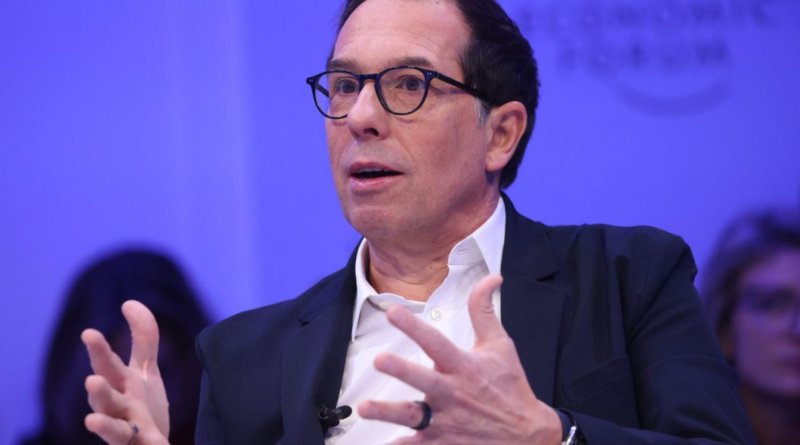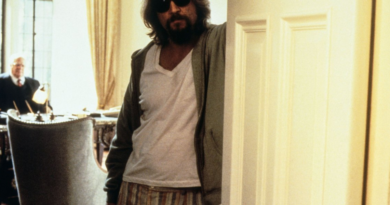L'Oréal just went there: Mandated Fridays in the office
Workers at French cosmetics giant L’Oréal have been back in the office three days per week for over a year now. But, company brass has decided, that’s no longer enough. As of last week, Fridays are now mandatory office days, twice a month. The company’s 87,000 employees were told of the new rule last month, and it took effect on Thursday, The Sunday Times reported. Leaders hope the new rule “boosts employee collaboration,” per the Times.
Things weren’t always like this. Back in November 2022, L’Oréal’s USA CEO David Greenberg, like many of his peers, announced that workers had to return to the office three days per week. And Greenberg sweetened the deal: workers at the cosmetic giant’s West Coast headquarters in El Segundo, Calif., would be welcomed back with a personal butler.
In-person workers at L’Oréal, whose subsidiaries include Kiehl’s, Maybelline, and La Roche-Posay, would—for $5 an hour—be able to hire a concierge for personal chores, the Los Angeles Times reported at the time. This included taking their cars to the gas station, picking up their laundry, or bringing their pets to and from doggy daycare.
L’Oréal has offered the concierge perk in some capacity since 2009, but after everyone went remote during the pandemic, it took on renewed significance as a bargaining chip in luring workers back to their desks. Ultimately, the company was better positioned than most: Its offices have gyms, restaurants, tons of free products, and even coffee bars that occasionally double as bars, Fortune reported in 2022.
The nearly-free concierge perk is nonetheless the crown jewel. L’Oréal subsidized the cost of those concierges, which CEO Greenberg felt was worth it. “We’re in an industry that’s very much people-driven,” Greenberg told the L.A. Times. “[There is] necessary engagement, creativity, sharing, and learning from each other.”
Among the large companies that similarly enacted return-to-office mandates, like Meta, Salesforce, and Google, only L’Oréal made a genuine effort to sweeten the deal. The others actually worked backwards, taking away the pandemic-era perks workers enjoyed. (Meta in 2022 ended its free laundry and dry cleaning benefit and it also curtailed the cutoff time for its free-meal rule, 6:30 p.m. to 6 p.m.)
Passion, attachment and creativity
At the World Economic Forum in Davos last month, its global CEO, Nicolas Hieronimus, said that even at three in-office days per week, workers were lacking “passion, attachment and creativity.”
It’s an unusual move, if you ask other business leaders. Over the summer, Steven Roth, the billionaire chairman of Vornado, one of New York City’s biggest commercial landlords, officially deemed Fridays as “dead forever,” and even Mondays are on the chopping block.
“I thought this would be more stable, but I guess…Friday [is] increasingly winning out in the WFH stakes,” Stanford economist and WFH expert Nick Bloom told Fortune by email in August. “I think it’s part of the bigger push towards coordinated hybrid, whereby we have firms pushing for folks to come in on the same days.”
Perhaps unsurprisingly, Fridays are consistently the emptiest days in the office. The average worker jumps at the chance to start their weekend a bit early, and even pre-pandemic, the allure of “Summer Fridays” spoke to the general population’s desire for a bit more of a soft entry into Saturday. Add the growing push for four-day workweeks—which generally shave off Fridays first—it’s no wonder that L’Oréal is one of the very few firms to mandate Fridays in particular.
Not as far as L’Oréal is concerned. One of the reasons L’Oréal “hit the ground running” on returning to the office after the pandemic, Hieronimus went on at Davos, “is that we did not do like many tech companies and say everybody works from home all the time, and now they say: ‘Oh my God, that was a mistake, please come back.’”
“I think it’s vital to be in the office. It’s about serendipity. It’s about meeting people,” Hieronimus said, adding that remote work is “very bad” for workers’ mental health to boot. In-person work, on the other hand, is “vital for the company, and it’s vital for the employees. It’s also fair to the blue-collar workers that work every day in the factory.”



